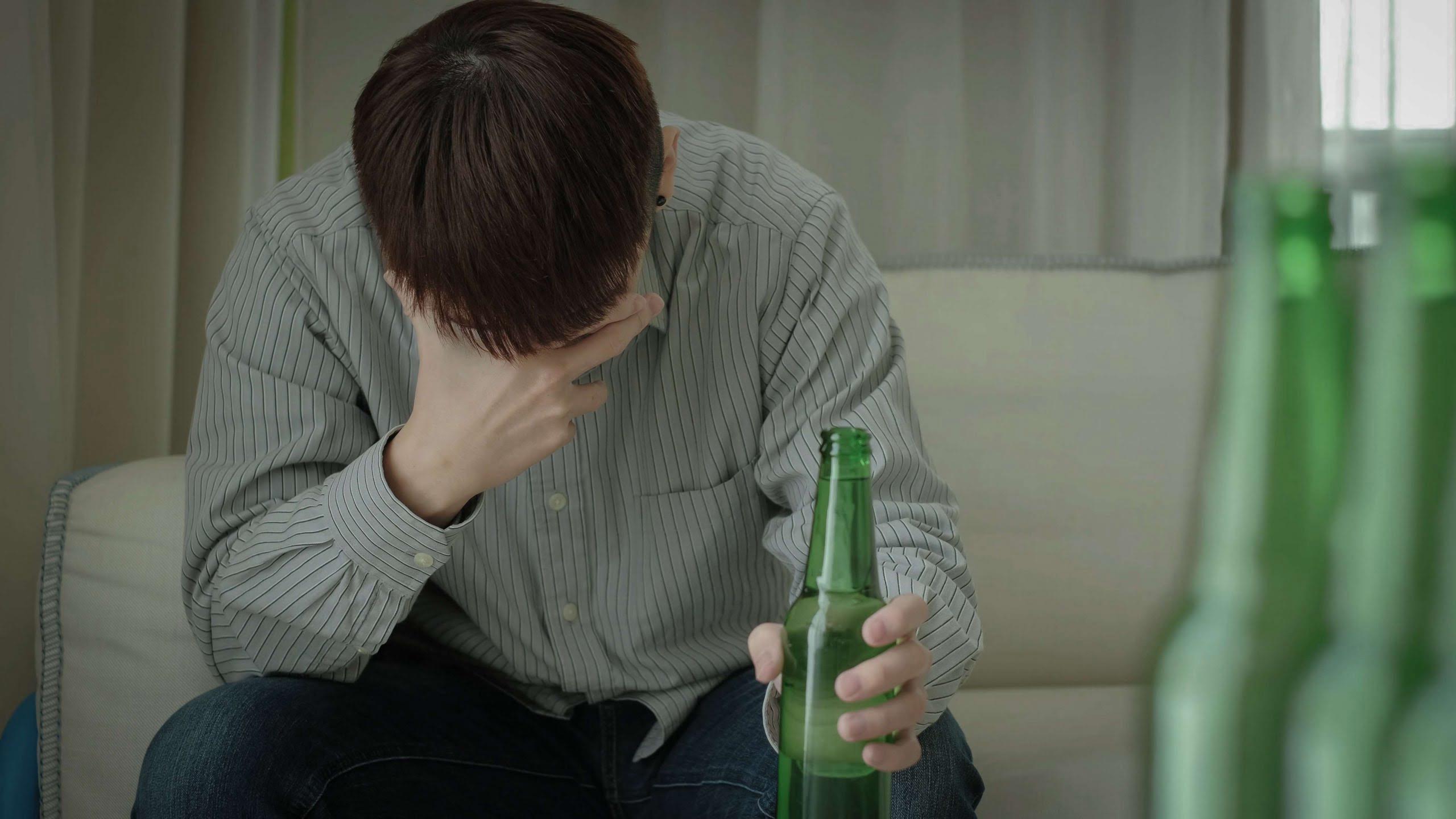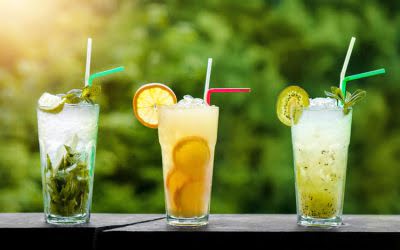One of the best ways to stay sober is to find new hobbies and activities to replace old habits. This can include anything from painting to hiking to podcasting. Additionally, joining a hobby group or club can provide a sense of community and support. A structured routine will help you achieve other goals in your life, whether they are short-term (like being on time for work) or long-term (like going back to school and changing careers). Research shows that if you maintain these types of toxic relationships, your chances of relapsing are greater.
- For some, it means complete abstinence from all substances, while others may focus on quitting a specific substance, like alcohol, while still using others like nicotine or caffeine.
- For instance, an abusive relationship or a co-dependent relationship might make one resort to substance use.
- Also, focusing your time and energy on something healthy distracts you from being unhealthy.
While it’s common with alcohol use disorder, it’s also a big struggle for those with past benzodiazepine or opiate addictions. You’ve replaced drinking buddies with new sober friends. Your desire to stay clean outweighs and focus on long-term sobriety is incredible. Managing stress is one of the main ways to maintain long-term sobriety. Many people engage in substance use to numb the suffering and pain that comes with stress. Hence, coping with stress in healthy ways is important for staying sober.

How To Stay Sober: 14 Essential Tips

If the question comes from someone you know well, you may want to say that drugs or alcohol became a problem for you, so you’re staying away from them. If you don’t know the person well, simply saying you have to get up early the next morning or you quit for health reasons should be enough. The strategies we’ve explored offer a roadmap for maintaining sobriety in 2024 and beyond. From building support networks to focusing on personal growth, each step is crucial for long-term success. Getting back in touch with family and friends, and planning activities with them is a good start.
Are Your Parents to Blame for Your Addiction?
For many people with a substance use disorder, it’s simply a matter of never having learned the appropriate way to manage anger. Talk to your therapist, other healthcare provider, or sponsor about how to deal with your anger in ways that won’t cause you to harm yourself or others or turn to alcohol or drugs. You may also experience what is commonly called sobriety fatigue, which refers to the overall exhaustion that may occur as a result of the emotional and physical stress of staying sober. So, it’s extra helpful to have a support network available to you when you need it. In addition to the potential harm that heavy alcohol use has on your physical and mental health, it can also negatively impact your relationships with family and friends. Withdrawal symptoms vary greatly from person to person, depending on your constitution, tolerance, the number of years you’ve been drinking, and how often/heavily you’ve been drinking.
- A single drink or use of a drug is enough to break a streak of sobriety, as sobriety is often defined as complete abstinence from alcohol or drugs.
- Even treatment professionals may differ in their definition of sobriety.
- A sobriety date is the very first 24 hours you go without alcohol or drug use and is used to determine how long you have maintained your sobriety.
What to do if you break sobriety

Staying sober involves relying on these healthy coping mechanisms to deal with triggers, stressful events, and other kinds of difficult conditions. Examples involve connecting with others, keeping busy, having a healthy diet, leading a healthy life, practicing mindfulness, and so on. So, say, one hour of exercise by the end of 45 days is a deadline one might want to set to incorporate one hour of exercise into their daily routine.
- This phase is crucial and filled with opportunities to explore interests, passions, and activities that were once overshadowed by addiction.
- Mental health issues often coexist with substance abuse.
- For those in recovery, it is similar to abstinence from substance or alcohol use.
- Another relapse prevention tool is the power of forgiveness.
- Delving deeper, sobriety encompasses both physical and emotional abstinence.
- However, once sober, to make it last, develop a structured daily routine as well as a weekly schedule and follow it to the tee.
The definition of sobriety includes abstinence as a first step to addiction recovery. Sobriety is the process that encompasses all the tools needed to maintain the state of abstinence. Achieving sobriety involves substance abstinence, therapy, long-term support, and possibly medication.

It’s a different trial as it can vary from week to week, let alone day to day. That said, the longer you stay sober, the https://soundkey.ru/alkogolizm-priznaki-u-zhenshchin-simptomy-i-stadii-lechitsya-li-zhenskii-alkogolizm/ easier it generally is to stay sober. You start to recognize patterns and behaviors of your old self and situations that you may have been blind to before. This is why, if you want to get sober, you need to survive alcohol withdrawal, after that, to stay sober, you need 30 days. Lastly, embracing sobriety provides an unparalleled sense of Freedom and Control over your life. You regain the ability to make choices that align with your long-term goals and values, free from the constraints of addiction.

This is why self-care plays such an impactful role when trying to stay sober. When feelings of shame or guilt enter your mind, always have a few self-care routines to turn to. If you’re sober, you’ve already found strategies to avoid drinking; the key is to keep up with what’s worked and consider additional ways to stay focused on http://www.bibliograf.ru/materials/news/2678/ your goal. One of my tips for staying sober is staying off of social media for an extended period of initial recovery time.
Hosted by therapist Amy Morin, LCSW, http://larsonpics.com/page/6/ this episode of The Verywell Mind Podcast shares how to avoid repeating mistakes and build better habits.

